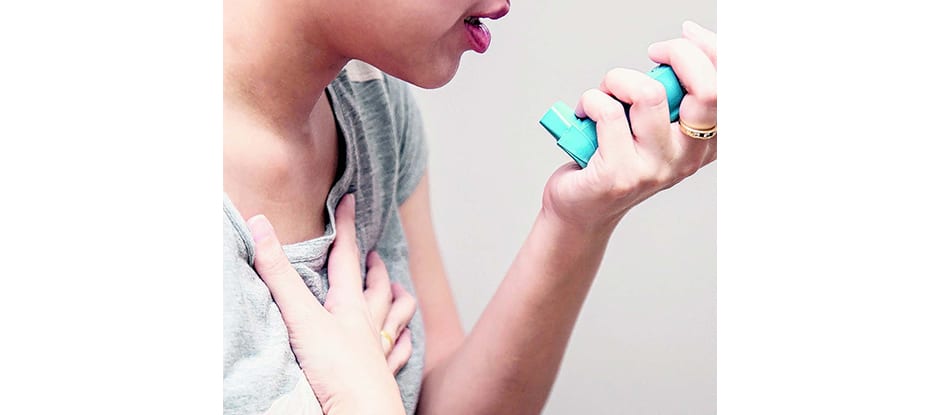
[This piece was written by Kathy Ristau, RRT, RPFT, AE-C with St. Peter’s Cardiopulmonary Rehabilitation and Wellness Program.]
You’ve been fighting a dry cough for what seems like months. Now, a trip up a single flight of stairs leaves you feeling winded and weak. It’s definitely time for a trip to see your doctor.
Although those symptoms could indicate any number of less-serious conditions, it could also be a sign that you have idiopathic pulmonary fibrosis (IPF).
Pulmonary fibrosis is irreversible scarring of the lung, with idiopathic meaning no reason or cause for the scarring has been determined. According to the American Lung Association, IPF is a rare but very serious disease, one that affects up to an estimated 132,000 people in the Unites States.
IPF is a progressive disease that makes it difficult for sufferers to breathe, due to the airways and air sacs in their lungs losing their shape and elasticity due to scarring or fibrosis. Because of this scarring, the lung tissue becomes thickened, making it harder for oxygen to diffuse into the bloodstream.
IPF can occur at any age, but usually presents between the ages of 50 and 70. It is more commonly diagnosed in men, but can occur in either gender, regardless of race or ethnicity.
Additional risk factors for IPF include:
- Smoking
- Occupations including mining, farming or construction
- Radiation and certain chemotherapy treatments
- Genetics
Although there is no current treatment that can completely stop the progression of IPF or cure it, there are treatments that can make people living with the disease more comfortable by greatly slowing the advancement of the disease.
St. Peter’s Health Partners is proud to provide extensive care for patients who have IPF and other lung diseases through its pulmonary rehabilitation program. St. Peter’s Hospital Pulmonary Rehabilitation helps to improve the quality of life for patients by improving their overall fitness through exercise and education.
Through the program, patients learn to control the physical limitations imposed by IPF. Patients must be referred by their physician and complete pre-admission testing to determine their eligibility.
The program takes place in a gym-like setting at 400 Patroon Creek Boulevard in Albany. Patients are guided through individualized treatment plans put together by staff members, customized to address their lung condition. The program is overseen by a medical director and run by a team that includes a respiratory therapist and an exercise physiologist.
Patients with IPF also have the opportunity for emotional support through the Capital Region IPF Support Group, sponsored by St. Peter’s Health Partners. This free support group meets at 400 Patroon Creek, where participants can share their experiences with other individuals diagnosed and living with IPF. Topics of discussion include breathing techniques, advancements in medication, and exercise regimens.
The support group usually meets the fourth Wednesday of each month. The next meeting is scheduled for 6 p.m. on Wednesday, Dec. 5, at 400 Patroon Creek.
For more information on St. Peter’s Hospital Pulmonary Rehabilitation or the Capital Region IPF Support Group, contact 518-525-5916.





